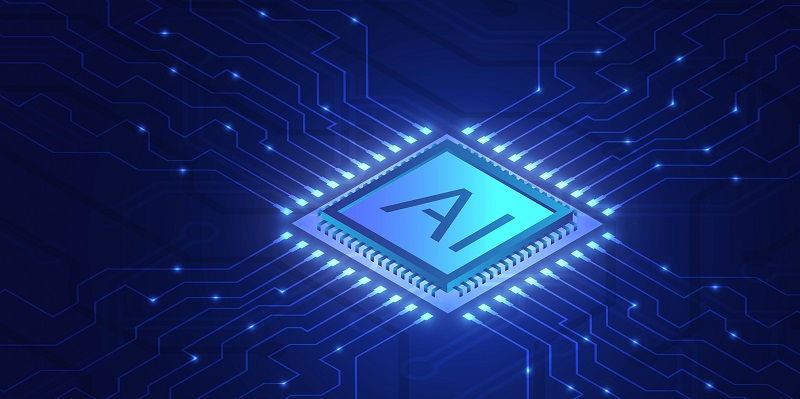The AI industry has been grappling with a hardware gridlock, unable to keep up with the increasing demand for AI chips. OpenAI, the company behind the popular ChatGPT, is taking proactive steps to address this challenge. In an ambitious move, OpenAI is exploring alternatives to Nvidia’s accelerators and considering options to solve the hardware gridlock that has been plaguing the AI industry for years.
OpenAI’s Consideration of Alternatives
OpenAI recognizes the need for innovative solutions to overcome hardware limitations. The company is carefully evaluating various options to address this gridlock and ensure that it can continue to scale its operations. One option on the table is for OpenAI to develop and manufacture its own AI chips, a bold move that would provide greater control over the hardware infrastructure.
Evaluating merger targets
To expand its capabilities and tackle the hardware gridlock, OpenAI has even explored the possibility of mergers or partnerships. By joining forces with another organization, OpenAI aims to enhance its access to much-needed AI hardware resources. However, it is important to note that OpenAI has yet to make any concrete moves beyond the evaluation stage in this regard.
Exploring alternatives to Nvidia
While developing its own chips is a potential avenue, OpenAI is also considering other options beyond Nvidia’s hardware. One path involves forging closer collaborations with Nvidia and its competitors, fostering innovation and collaboration in the hardware space. Additionally, OpenAI is exploring the possibility of diversifying its chip supply to exclude Nvidia completely, reducing its dependence on a single provider.
Focus on acquiring AI chips
Recognizing the pressing need for more AI chips, OpenAI’s CEO, Sam Altman, has prioritized chip acquisition as the company’s top focus. This strategic decision aims to ensure OpenAI can keep pace with the growing demand for its services. By acquiring more AI chips, OpenAI can expand its capabilities and cater to a wider range of applications and clients.
Challenges with Nvidia’s supply
Nvidia, a key player in the AI hardware market, has faced challenges in meeting the soaring demand for its H100 AI chips. According to Taiwan Semiconductor Manufacturing Co. (TSMC), Nvidia’s current production capacity falls short of expectations, with a projected delay of 1.5 years to fulfill the outstanding demand for H100 chips. This supply constraint has further exacerbated the hardware gridlock that the industry is facing.
Scaling challenges and cost
As OpenAI aims to scale its operations, it faces significant challenges in acquiring the necessary GPU resources. To put things into perspective, if OpenAI were to increase its query volume to just 1/10th of Google’s over time, it would require approximately $48 billion worth of GPUs to scale to that level. Moreover, to keep up with the ever-growing demand, OpenAI would need to invest a staggering $16 billion annually.
Implications for Nvidia
OpenAI’s exploration of alternatives to Nvidia’s hardware has far-reaching implications. On one hand, OpenAI’s demand for Nvidia’s H100 chips provides a significant boost to the company. Nvidia reportedly earns up to 1,000% margins on each H100 chip sale, making OpenAI’s requirement a valuable opportunity for the chip manufacturer.
OpenAI’s proactive approach in exploring alternatives to Nvidia’s hardware demonstrates its commitment to overcoming the hardware gridlock that has hampered the AI industry for years. By evaluating options such as developing its own chips, exploring collaborations, and diversifying its chip supply, OpenAI aims to ensure that it can scale its operations and meet the increasing demand for AI services. While the challenges are significant, addressing the hardware gridlock is crucial for the advancement of AI and the realization of its full potential. As OpenAI continues to navigate this complex landscape, the entire industry eagerly awaits the innovative solutions that may emerge, paving the way for a more accessible and efficient AI ecosystem.

